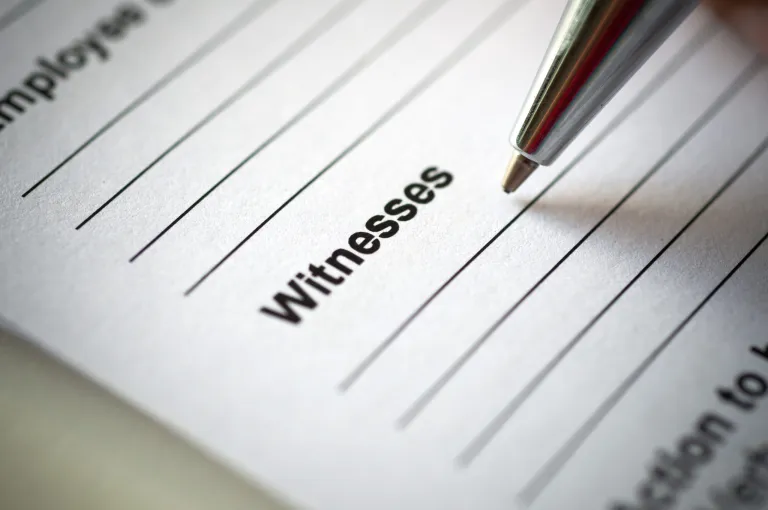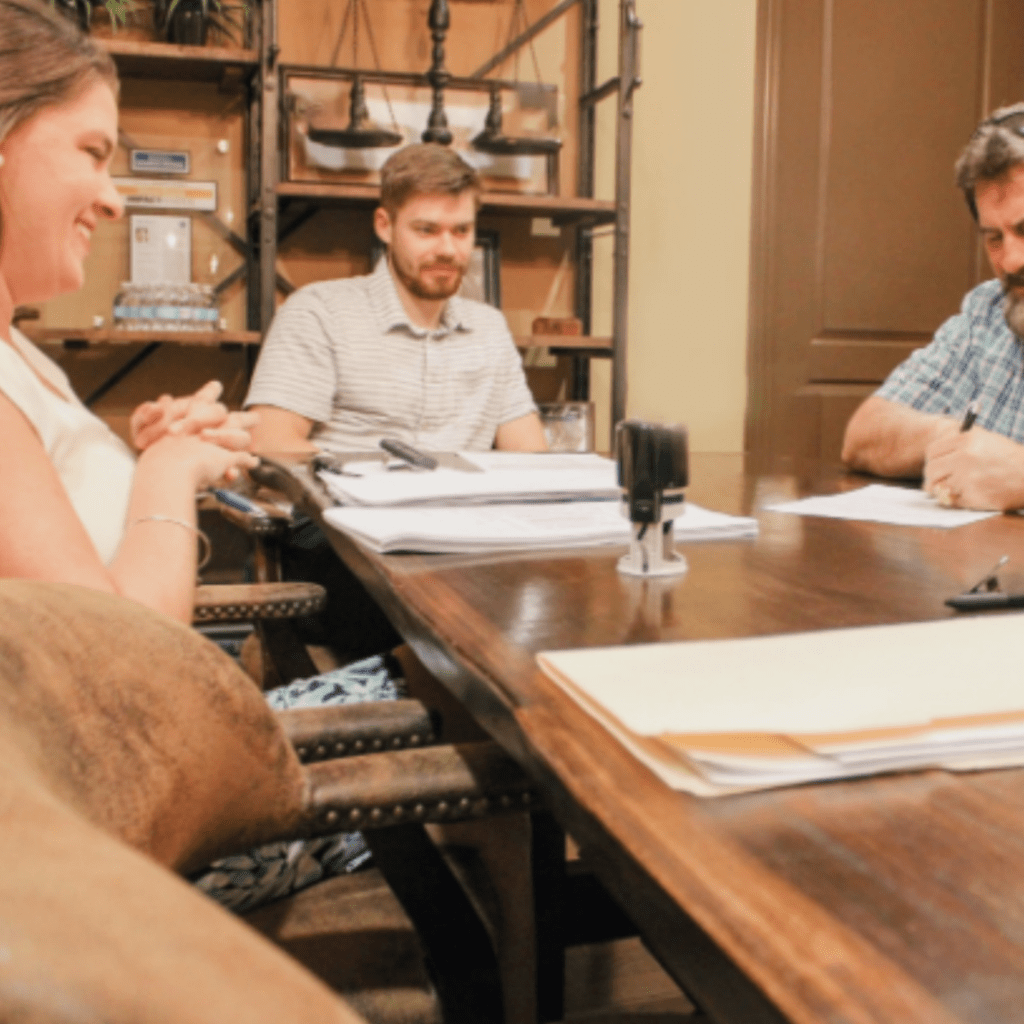One of the main issues that I see with a Last Will and Testament people can create online or not in front of an attorney is that they don’t meet the witness requirements of Tennessee law. In Tennessee, if you don’t meet the witness requirements for your will, your will is not valid.
This can mean that all the work you’ve put into this document can become meaningless in the long run. If you were to pass away before fixing this, your estate would fall under the laws of intestacy, the laws that apply to an estate when someone dies without a will. Even if the handwritten will is accurate to your best wishes, the court cannot use or accept its terms. This is definitely something I want you to avoid.
What are Tennessee’s Witness Requirements?
So what are these witness requirements? T.C.A. § 32-1-104 provides that a will, other than a holographic or nuncupative will, must be signed by the testator (the person making the will) and two witnesses. There are specific requirements within the code that spell out what the testator must signify to the witnesses in this process.
T.C.A. § 32-1-103 further clarifies that the witnesses cannot be “interested” persons. This pertains to anyone with an interest in the testator’s estate. This keeps most family members and friends from being testators. Not only must the witnesses and testator sign the will, but they must all do so in the presence of each other. If one signs the will without the other being present, the will cannot be accepted. Tennessee requires strict compliance with these rules. If you do not meet any of these requirements, the will is invalid.
The Tennessee legislature recently amended the witness laws to allow signatures on a specific type of affidavit that is often attached to the will to count as the witness signature requirement. However, this is a very minor exception because the following must be true about that particular will and affidavit:
- The affidavit meets the requirements of T.C.A. § 32-2-110.
- The affidavit meets the witness requirements listed before.
- The will was executed prior to July 1, 2016.
As you can tell, this minor exception does not apply to most wills. This will not apply to any new wills created on July 2, 2016, or afterward.
Follow Tressler & Associates to Make Sure Your Will is Legal
It is important to remember that these requirements apply only to traditional, type-written wills. Stay tuned for more blog posts from Tressler & Associates where we will discuss all of the requirements involved for making a nuncupative or holographic will valid.
The last thing anyone wants is to believe that an estate plan isn’t secure. Sadly, a will that you create on your own can be invalid due to one technical detail that you didn’t anticipate. Should Tressler & Associates, PLLC, have the opportunity to prepare your will, we will take care to ensure that it meets all witness requirements and even provide witnesses for you at the signing.
Contact us today for help planning your estate.



